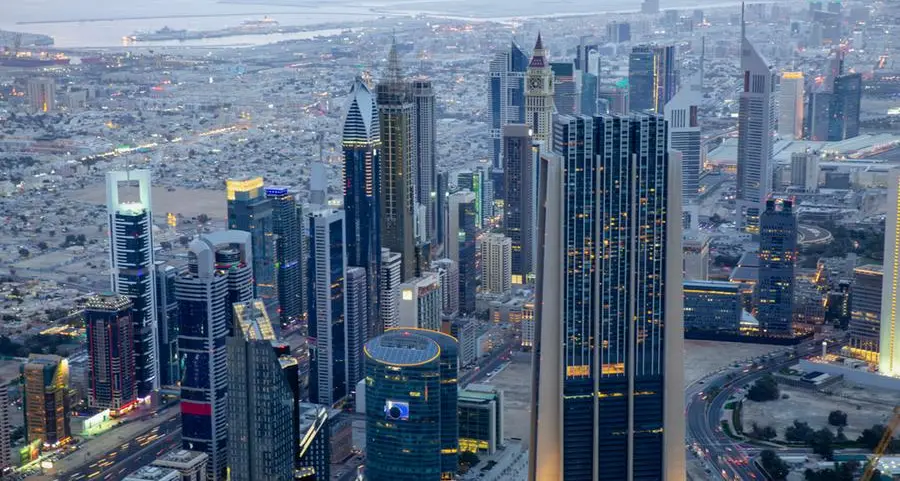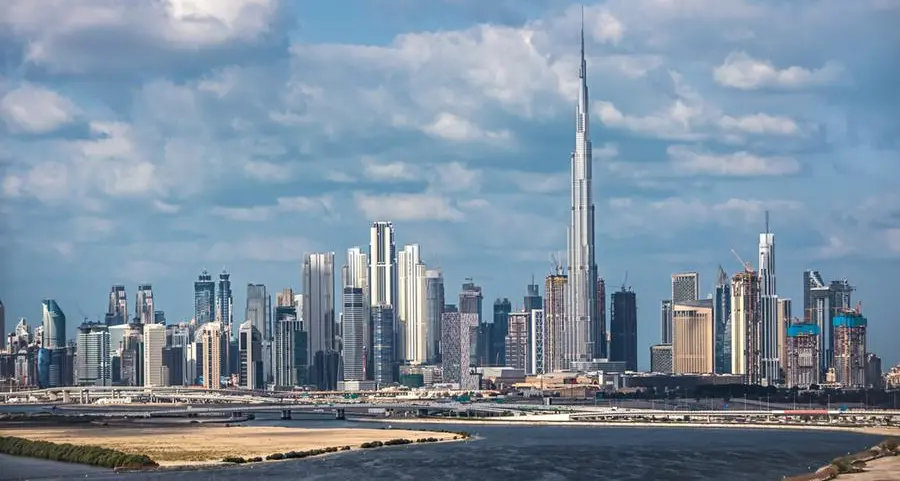A team from the International Monetary Fund (IMF), led by Mr. Edward Gemayel, conducted a mission to Senegal from April 26 to May 3, 2024, to take stock of the recent economic and political developments and lay the ground for the second review under the existing IMF-supported program.
At the conclusion of the mission, Mr. Gemayel issued the following statement:
“The Senegalese economy in 2023 proved resilient despite challenges. Notwithstanding political tensions surrounding the presidential election and external pressures, growth surprised on the upside (4.6 percent), reflecting a good agricultural campaign and a strong tertiary sector. Inflation also saw a faster-than-anticipated decline, dropping to 5.9 percent. Elevated energy subsidies (CFAF 620 billion or 3.3 percent of GDP) and higher interest payments were offset by cuts in investments in order to contain the fiscal deficit at 4.9 percent of GDP, in line with the program target. Additionally, the government has built liquidity buffers in anticipation of the presidential election, contributing to a rise in central government debt (73.4 percent of GDP) above the WAEMU ceiling. The current account deficit remained large (18.8 percent of GDP), reflecting continued weak exports of goods.
Economic activity in 2024Q1 was weaker than anticipated, reflecting political uncertainties linked to the presidential election. High frequency indicators suggest that economic activity was subdued as businesses postponed investments and consumers cut back on spending. Headline inflation declined to 3.3 percent (Y-o-Y). Budget execution was marked by a revenue shortfall and an overrun in the energy subsidy. The outlook, however, remains favorable. Economic growth for 2024 is now projected at 7.1 percent down from 8.3 percent, reflecting weaker economic activity due to the electoral context and delays in gas production to December 2024.
Preliminary end-2023 data suggest that the program remains broadly on track. However, meeting the end-2024 fiscal deficit target of 3.9 percent of GDP will require ambitious measures to reduce tax exemptions and enhance spending efficiency. This should be done through a supplementary budget that would pave the way towards reaching the regional target of 3 percent of GDP in 2025.
Further efforts are needed to advance the structural reform agenda, namely, revising the petroleum product pricing formula and conducting an audit of the electricity company SENELEC in order to implement a new electricity tariff structure, with a social tariff to support vulnerable households. Furthermore, the authorities are progressing on measures to exit the Financial Action Task Force’s (FATF) grey list.
The new authorities have reaffirmed their commitment to the existing IMF-supported program. They recognize that the program's core pillars align with their own strategic goals, namely: enhancing fiscal resilience and reducing debt vulnerabilities, strengthening governance, promoting structural transformation, and building resilience to climate change.
The IMF team wishes to thank the authorities and other counterparts for their excellent cooperation, and candid and constructive discussions during the visit. Discussions for the second review under the Extended Credit Facility (ECF), the Extended Fund Facility (EFF) and the Resilience and Sustainability Facility (RSF) arrangements are tentatively planned for June 2024.
During the visit, the IMF team met with His Excellency, Prime Minister Ousmane Sonko; Mr. Cheikh Diba, Minister of Finance and Budget; and other senior government officials. The IMF team also had productive discussions with representatives of the business community and development partners.”
Distributed by APO Group on behalf of International Monetary Fund (IMF).









